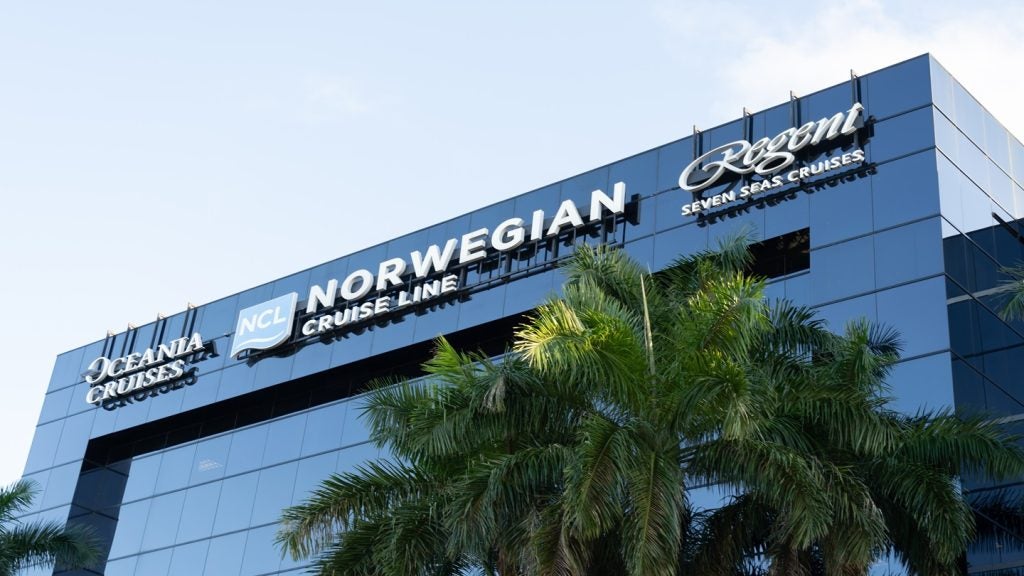Switzerland-based Leclanché has launched its new lithium-ion battery system known as the Marine Rack System (MRS), which is intended to help marine operators reduce emission from their vessels.
The modular system will also aid vessel operators in reducing their overall operating costs.
Leclanché's MRS is the first marine battery system of its kind approved by DNV-GL under the revised rules issued in October 2015, and has already undergone roughly 20 different tests to ensure its operational safety in marine environments.
The first Leclanché MRS unit features a capacity of 4.3MWh and is set to be installed on a new E-ferry vessel in Demark, as part of the €77bn European Union (EU) Horizon 2020 project.
The E-ferry will be the world’s largest fully electric ferry by battery capacity and will be able to accommodate both passengers and cars onboard. It is scheduled for launch by the end of the year.
Leclanché CEO Anil Srivastava said: “There is a huge opportunity for marine vessels across the world to reduce their harmful emissions and cut their operating costs by leveraging battery storage technology.
How well do you really know your competitors?
Access the most comprehensive Company Profiles on the market, powered by GlobalData. Save hours of research. Gain competitive edge.

Thank you!
Your download email will arrive shortly
Not ready to buy yet? Download a free sample
We are confident about the unique quality of our Company Profiles. However, we want you to make the most beneficial decision for your business, so we offer a free sample that you can download by submitting the below form
By GlobalData“This is why we developed the MRS and we are delighted that it is the world’s first such solution to receive type approval from DNV-GL.
“This certification opens up a very exciting and substantial global market for Leclanché.”
Leclanché further noted that its MRS could be used in other marine applications, such as hybridisation and peak shaving of auxiliary loads of cargo vessels and cruise ships.
The Scandinavia region has a potential to convert around 200 ferry routes to electric within the next decade according to various industry estimates, while the entirety of Europe has potential to convert over 1,000 ferries.







